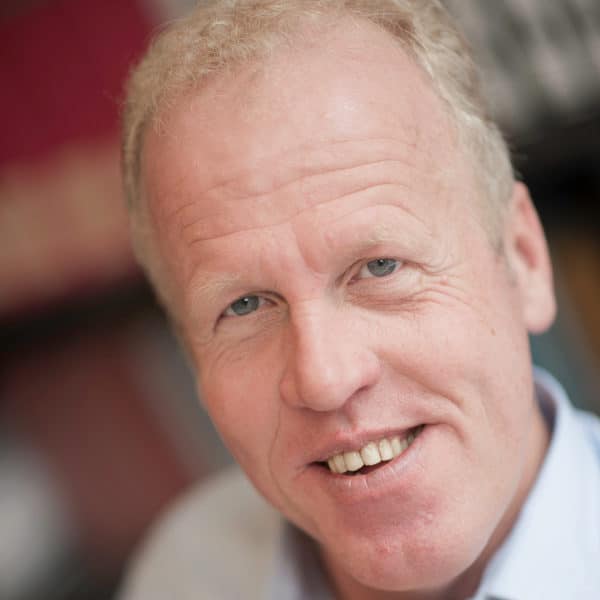Typical construction law disputes
A significant part of our advisory practice and litigation assistance concerns certain civil engineering activities. In Dutch these are known by the abbreviation GWW, which stands for the Groundwater Act. These activities include road construction, rail infrastructure, dry hydraulic engineering, soil remediation, civil engineering structure construction, sand winning, quarrying and extraction, sewer construction, building dykes, bridges, locks and so on, almost exclusively commissioned by large contracting authorities.
Many typical construction law disputes occur in the civil engineering (GWW) sector, for example on the interpretation of the RAW (Rationalisation and Automation of ground, Water and road engineering) specifications, changes to specifications, contract variations, and other forms of additional payment, construction time extensions, losses due to delays, discount schemes, design and execution errors, latent defects and warranties.
We also deal with many typical civil engineering (GWW) issues such as:
- problems regarding exceeding offsettable, estimated and approved quantities
- transfer pricing revisions
- use of equivalent building materials
- deviating soil conditions (par. 29.3 UAV 2012 and par. 13.2 UAV-GC 2005)
- issues regarding the RAW methodology (Standard RAW provisions 2015 and older versions), such as problems with OMOP specifications
UAV 2012, UAV-GC 2005, Design & Construct and DBFMO
Works that are tendered based on the RAW methodology are usually governed by the UAV 2012. As the large commissioning authorities such as the Dutch Ministry of Infrastructure and the Environment (Rijkswaterstaat) are increasingly opting for integrated contracts, often based on a basic agreement, governed by the UAV-GC 2005, our work in civil engineering now largely consists of disputes about the UAV-GC 2005 and other integrated contract forms such as Design & Construct and DBFMO (Design, Build, Finance, Maintain & Operate).
We are often involved when parties are still ‘on speaking terms’. We do our best to steer towards an amicable settlement, but naturally we don’t shy away from discussions with commissioning bodies. Proceedings in civil engineering disputes are usually settled by the Arbitration Board for the Building Industry, the NAI or an ordinary court.

Infrastructure (GWW) specialists
We manage our client’s expectations and we respond quickly. We give realistic advice and produce workable agreements and contracts. We aim to prevent and resolve legal problems with a personal touch.













